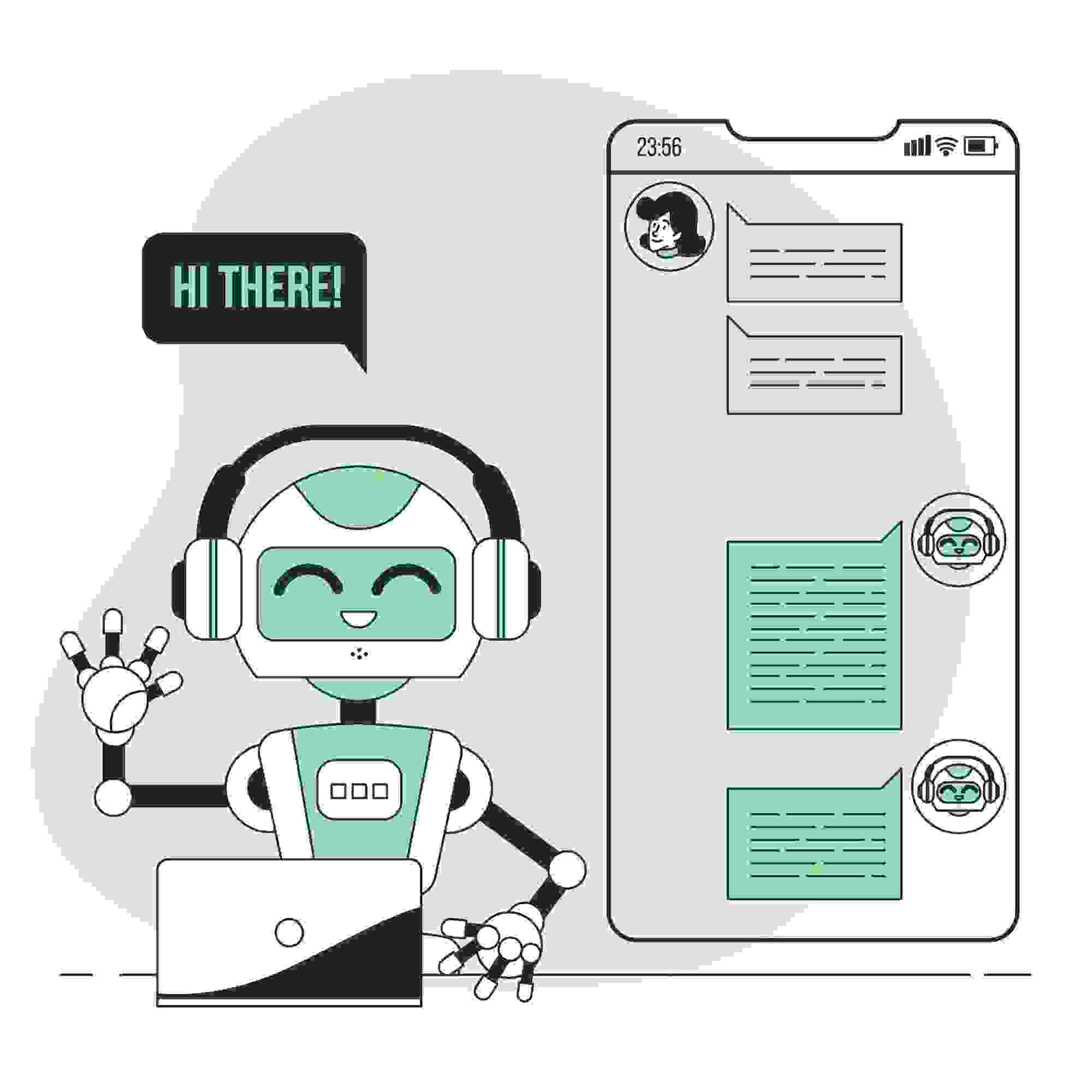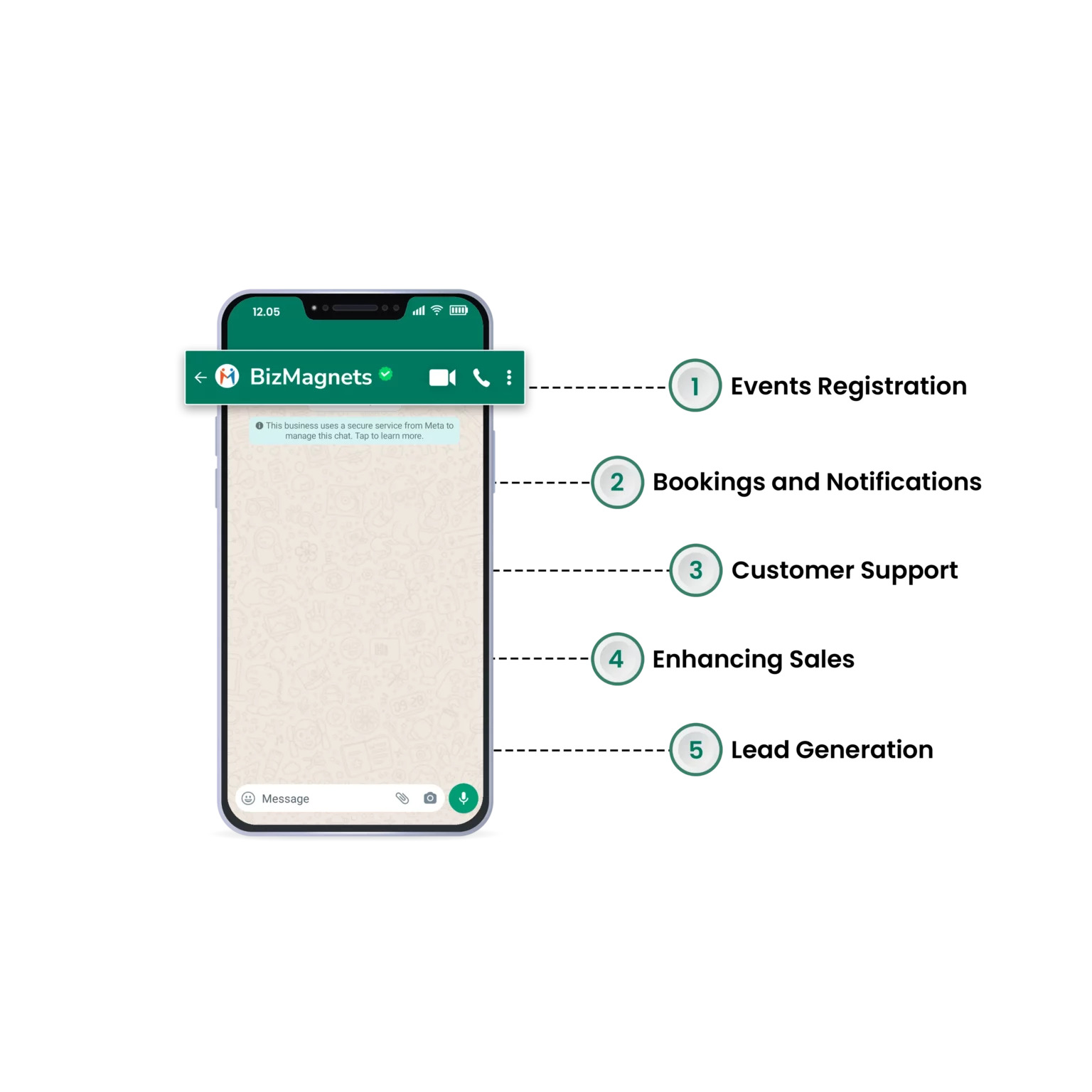Streamlining Communication: How WhatsApp Flows Revolutionize Customer Interaction
 BizMagnets
BizMagnets
Introduction
In today's fast-paced digital world, businesses are constantly seeking innovative ways to connect with their customers and provide seamless experiences. Messaging platforms like WhatsApp have become essential channels for customer communication, offering businesses the opportunity to engage with their audience in real-time. One of the key advancements in customer interaction on WhatsApp is the introduction of WhatsApp Flows.
These automated messaging sequences revolutionize how businesses communicate with their customers, streamlining processes and enhancing engagement. In this blog post, we will explore the significance of WhatsApp Flows in revolutionizing customer interaction and how businesses can leverage them to drive better results.
The Evolution of Customer Interaction
Traditionally, customer interaction involved manual processes, such as responding to inquiries, providing support, and handling transactions. While these methods were effective to some extent, they were often time-consuming and prone to errors. With the advent of messaging platforms like WhatsApp, businesses gained a new avenue for communication, enabling them to engage with customers in a more convenient and efficient manner.
Introducing WhatsApp Flows
WhatsApp Flows represent a paradigm shift in customer interaction, offering businesses the ability to automate and streamline communication processes. These automated messaging sequences guide customers through predefined paths, delivering relevant information, answering common questions, and providing support – all in a seamless and personalized manner.
Key Benefits of WhatsApp Flows
Efficiency: By automating repetitive tasks and standardizing communication processes, WhatsApp Flows help businesses save time and resources while ensuring consistent and timely responses to customer inquiries.
Personalization: Despite being automated, WhatsApp Flows can be personalized to cater to individual customer needs and preferences. Businesses can customize messages based on customer data, such as past interactions, purchase history, and demographic information.
Improved Customer Experience: By providing quick and relevant responses to customer inquiries, WhatsApp Flows enhance the overall customer experience. Customers receive immediate assistance without having to wait for a human agent, leading to higher satisfaction levels.
Scalability: WhatsApp Flows are scalable, allowing businesses to handle a large volume of customer inquiries and interactions without compromising quality or responsiveness. As businesses grow, they can easily adjust and expand their WhatsApp Flows to meet increasing demands.
Use Cases of WhatsApp Flows
Customer Support: Businesses can use WhatsApp Flows to automate common support queries, such as product information, order status updates, and troubleshooting tips. This ensures that customers receive timely assistance without overwhelming customer support agents.
Sales and Marketing: WhatsApp Flows can be utilized to nurture leads, deliver personalized product recommendations, and promote special offers or discounts. By guiding customers through the purchasing process, businesses can increase sales and conversion rates.
Appointment Scheduling: Service-based businesses, such as healthcare providers or salons, can use WhatsApp Flows to streamline appointment scheduling, confirmations, and reminders. This reduces no-shows and improves overall appointment management.
Implementation Tips
Map Out Customer Journeys: Before creating WhatsApp Flows, businesses should map out the typical customer journeys and identify key touchpoints where automation can be beneficial.
Design User-friendly Flows: WhatsApp Flows should be intuitive and easy to navigate for customers. Incorporate interactive elements, such as buttons and quick replies, to guide users through the conversation seamlessly.
Test and Iterate: It's essential to test WhatsApp Flows with a small group of users before launching them to a larger audience. Monitor performance metrics, gather feedback, and iterate on the flows to optimize effectiveness.
Conclusion
WhatsApp Flows represent a significant advancement in customer interaction, enabling businesses to automate and streamline communication processes while delivering personalized experiences to customers. By leveraging WhatsApp Flows effectively, businesses can enhance efficiency, improve customer satisfaction, and drive better results across various aspects of their operations. As businesses continue to embrace digital transformation, WhatsApp Flows will undoubtedly play a crucial role in shaping the future of customer interaction.
Subscribe to my newsletter
Read articles from BizMagnets directly inside your inbox. Subscribe to the newsletter, and don't miss out.
Written by
